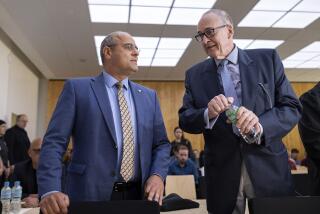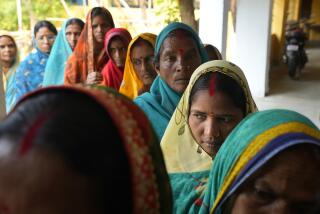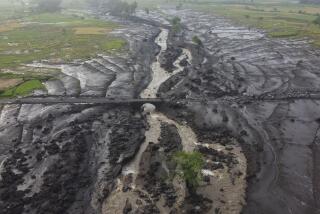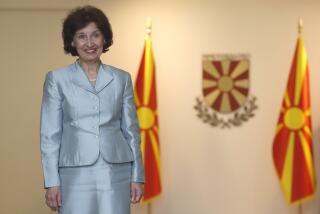Journalist: Mexico’s citizens must take more active role amid leadership gap

Mexican journalist Carmen Aristegui takes part at a conference to youngsters during the 30th International Book Fair (FIL in Spanish) of Guadalajara, in Jalisco, Mexico, 01 December 2016.
Prominent investigative reporter Carmen Aristegui said here Thursday at the Spanish-speaking world’s leading book fair that Mexico was suffering from a lack of leadership under President Enrique Peña Nieto, but she urged ordinary citizens to become more active in public life and come up with their own solutions to the country’s ills.
Asked what she thinks Peña Nieto has done for Mexico, she said the question should be rephrased.
“Why don’t we talk about what we’ve allowed (the president) to do with the country?” Aristegui told an auditorium packed with around 1,000 people, most of them students, in a talk at the 30th edition of the Guadalajara International Book Fair (FIL).
“If we adjust the angle, it’s much more feasible that things start to change ... If we say ‘we own these public matters,’” the journalist said to rousing applause.
Aristegui criticized Mexico’s decade-old war on drug gangs - a hard-line strategy adopted by Felipe Calderon, who governed Mexico from 2006-2012, and continued by Peña Nieto -, saying it has been a disastrous policy that has left tens of thousands dead and missing, made the strongest drug gangs even more powerful and led to alarming human rights violations.
On that note, she mentioned the notorious Ayotzinapa case, in which 43 students from a rural all-male teacher training college known for its leftist activism went missing on Sept. 26, 2014, in the southern city of Iguala after commandeering buses they planned to use to transport them to a protest.
Six people - including three students - were killed, 25 were injured and 43 students were abducted on that night of violence.
The Mexican government says the students were killed by a local drug gang after being abducted by local cops acting on the orders of Iguala’s corrupt mayor and that their bodies were incinerated at a waste dump in a nearby town.
But that version has been refuted as scientifically impossible by international experts, who found in 2015 that federal security forces had been monitoring the students since they left the Ayotzinapa college for Iguala and at the very least knew that they had come under armed attack yet did not intervene.
Those experts - who spent months in Mexico conducting their probe after being set up by the Inter-American Commission on Human Rights - also said the local police who attacked the students may have acted so violently because one of the buses was carrying a shipment of heroin.
Aristegui said the Ayotzinapa case was an example of Mexican authorities trying to hide the truth and disguise the fact that a section of the state was part of the criminal apparatus.
“You as youths need to ask yourselves, “why so much brutality against those young students?” she said.
The investigative journalist was already Mexico’s leading radio personality when she broke a story in late 2014 about some financial dealings of Angelica Rivera, Peña Nieto’s wife.
The journalist discovered that Rivera was in the process of purchasing a luxury home known as Casa Blanca (White House) from a subsidiary of Grupo Higa, which won several government contracts during Peña Nieto’s 2005-2011 tenure as governor of the central state of Mexico and continued to do so after he assumed the presidency in 2012.
After an article about the property was published on Aristegui’s Web site, the government decided to cancel a high-speed rail construction contract with a consortium that included an affiliate of Grupo Higa.








